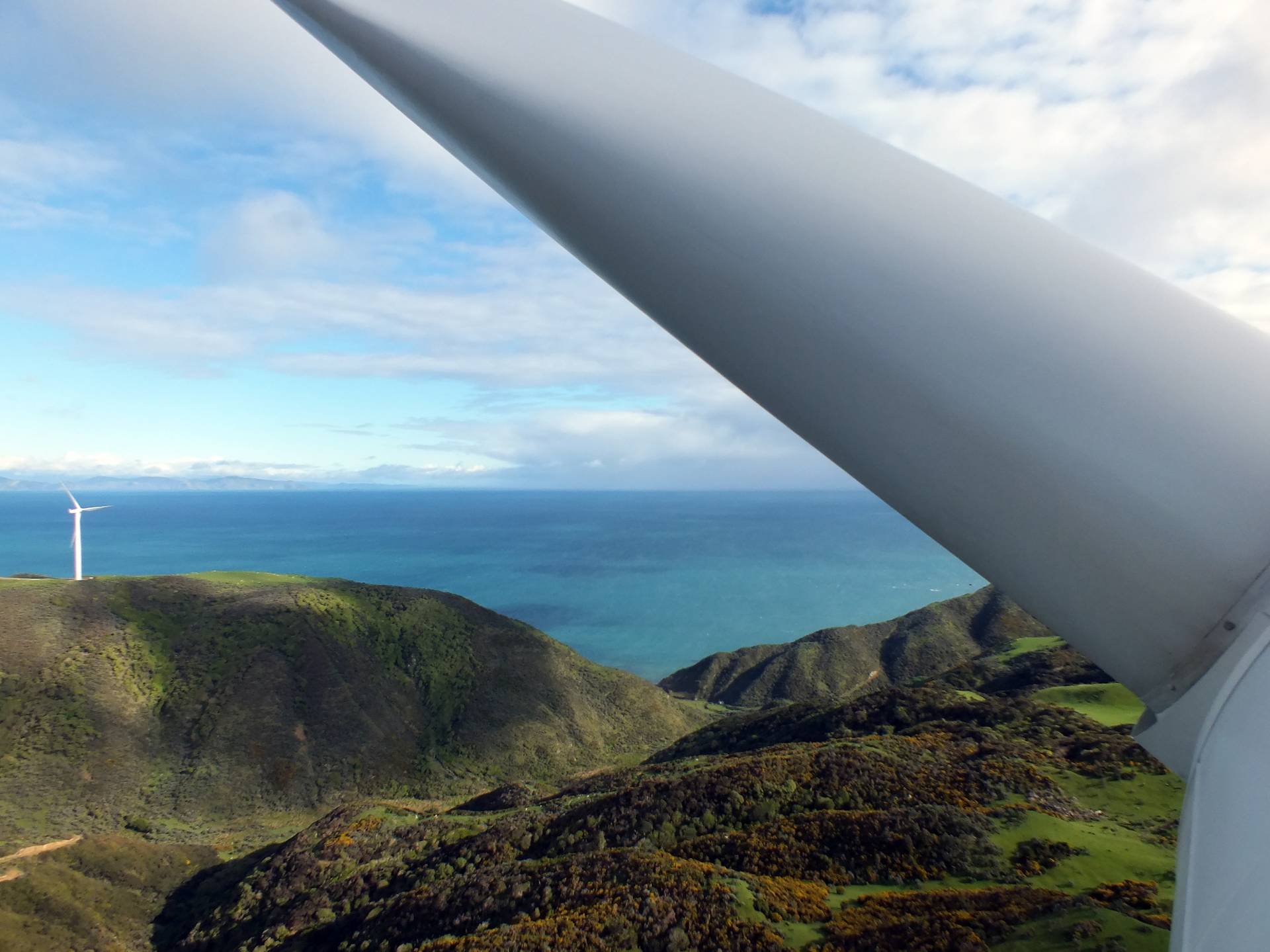Vertical Horizonz and Meridian Energy are leading the way in delivering life-saving emergency response training to the Meridian workforce to reduce serious workplace injuries.
Vertical Horizonz (VHNZ) is the country's largest workplace health and safety training provider, and their long-standing partnership with Meridian proves how collaboration and agility to adapt training to the needs of their clients’ delivers unparalleled benefits.
Marcus Bathan, VHNZ Chief Operating Officer, says the partnership reflects a deep commitment to the safety of their people.
"Our company was founded to empower individuals, organisations and industries. We want all New Zealanders to be able to access the tools they need to survive and thrive in their industry of choice. We play our part in this by delivering real training that saves lives” he says.
"Our values greatly align with those of Meridian, and this has enabled us to work together to significantly upskill their workforce with a practical, purposeful training regime, which includes real-time scenarios that put their learnings to the test," says Bathan.
A recent training scenario saw Meridian employees perform a difficult rescue of a seriously injured worker requiring medical assistance, followed by a traumatic traffic incident with multiple casualties.
"Real-life accidents don't follow the rules from a textbook. They're dynamic, challenging events that require a high level of training and continuous practice. The most-effective first responders are those who draw on their training while operating on instinct," says Bathan.
Bobby Ball, Health and Safety Business Partner Meridian Energy and principal Coordinator for this exercise, spoke of the requirement for quality targeted training opposed to off the shelve type training. “VHNZ have always been onboard throughout our training journey” he says. Meridian identified targeted training as one of our top critical risk controls and VHNZ have proven they can deliver quality training that can really make a difference in a real-life emergency.
Meridian adopted the best practice GWO (Global Wind Organisation) training requirements as a foundation by committing to anyone working in a wind turbine having had to complete as a minimum Working at Height, First Aid, Manual Handling and Fire awareness /extinguisher or the higher or equivalent standard.
Meridian in collaboration with VHNZ, took this foundation GWO training course and put its own targeted approach to the modules. We put a hefty focus on the unique set of problems a wind farm and a wind turbine pose. These problems range from limited access/egress, extreme weather conditions, restricted access to external medical assistance, limited rescue team members, restricted space, response time, limited communications, unviable pain medication and height risk to name a few…
Over the years we developed a 5-day targeted refresher course. This comprised of a crawl, walk, run training philosophy.
By means of a course evaluation, skill fade was quite apparent in both first aid and working at height advanced rescue. With this data in consultation with VHNZ, Meridian opted to go over and above the standard GWO refresher time of two years to every year.
We also increased this basic first aid training to advanced emergency care. Also commonly known as PHEC (Pre-Hospital Emergency Care).
“This year was slightly different, as since January 2021 the construction of the new Te Ahu a Turanga -Manawatū Tararua Highway is underway going straight through Meridian’s Te Āpiti wind farm. As you can imagine this has meant we have gone from our normally very quiet farm roads and tracks to now sharing our roads with large heavy earth moving equipment”.
So the final scenario was thought out to not only involve a typical wind farm injury evacuation event, but to also add a realistic road traffic incident with multiple casualties.
On the day we did not just involve the trainees at the coal face, Meridian’s back-office response was also tested using the adopted CIMS (Coordinated Incident Management System) that represents New Zealand's official framework to achieve effective coordinated incident management across responding agencies with St John being in attendance.
“Our goal was to increase our emergency response capability and as you can see from the video, we are one step closer to achieving this”.
Ball believes that working in collaboration with VHNZ is an investment in the future of the company's workforce.
"We want the Meridian team to feel safe in their colleagues' hands and secure in their ability to respond in a crisis. This goes further afield when having the confidence to step up to use their first aid skills in their communities as well. ," he says.
Accidents happen. And when they happen in the workplace and involve high-risk work, we need to have the best training to ensure our people can navigate a serious accident without causing further harm.
"With the ongoing training support from VHNZ in place, we know our Meridian team will be going home safely to their whanau at the end of each day – that's a huge comfort to every member of our organisation and a benefit that you can't put a price on," says Ball.
Trainee, Etienne Mostert says the training received and the final day out in the field practising the skills in a real-life situation was invaluable.
“I’m much more confident in my abilities to respond to a serious accident after our training scenario. You never know how you’ll act in a situation like that - but now I feel like I could not only handle the stress but also be an effective team member by providing life-saving help to someone in need,” he says.
An amazing and enthusiastic diverse working group was put together involving multiple PCBU’S (Persons Conducting a Business or Undertaking). All parties committed their time and expertise to deliver on an outcome that allows Meridian staff to be better prepared in a real-life emergency response.
Bobby Ball and Marcus Bathan would like to thank everyone that participated in bringing this project to fruition.
